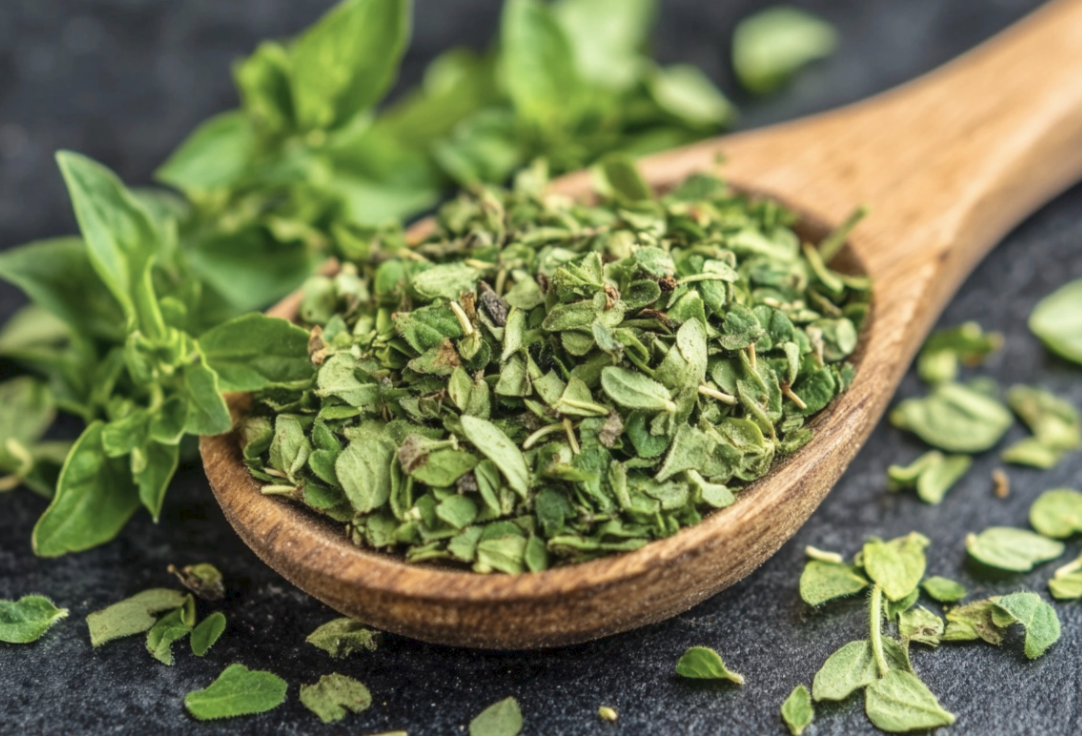
Oregano is a beloved herb in many kitchens. Its robust flavor enhances dishes from pizza to pasta.
However, plenty of suitable substitutes are available if you find yourself without oregano or need an alternative for dietary reasons.
This guide explores nine effective substitutes for oregano, ranging from familiar herbs like basil and thyme to specialized blends.
We promise you’ll discover alternatives that not only mimic oregano’s flavor but also add their special touch to your recipes.
Let’s examine these oregano substitutes and learn how they can help you create delicious, well-seasoned dishes.
How to Substitute Oregano in a Recipe?
1. Marjoram

- Flavor Profile: Marjoram has a mild, sweet, and slightly citrusy flavor, with subtle hints of oregano but much less pungent.
- Best Uses: It is ideal for Mediterranean and Middle Eastern dishes, such as soups, stews, and roasted meats. It also works well in recipes where a softer herb flavor is preferred.
- Additional Benefits: Marjoram is also known for its digestive benefits and can add a delicate, aromatic quality to dishes.
2. Thyme
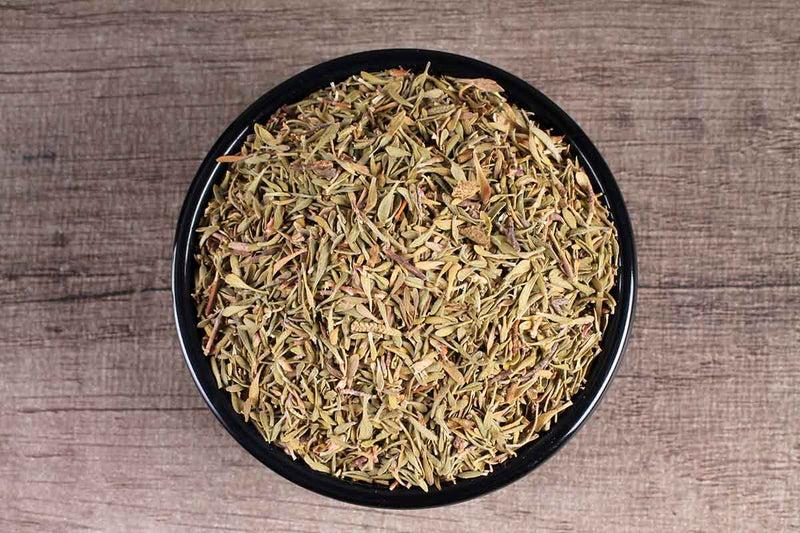
- Flavor Profile: Thyme has a slightly earthy and minty flavor with a hint of lemon, offering a robust yet gentle alternative to oregano.
- Best Uses: It is great for seasoning meats, vegetables, and soups. It complements dishes where a subtle, herbaceous flavor is desired.
- Additional Benefits: Thyme has antimicrobial properties and is used in various traditional remedies, adding both flavor and health benefits to dishes.
3. Basil
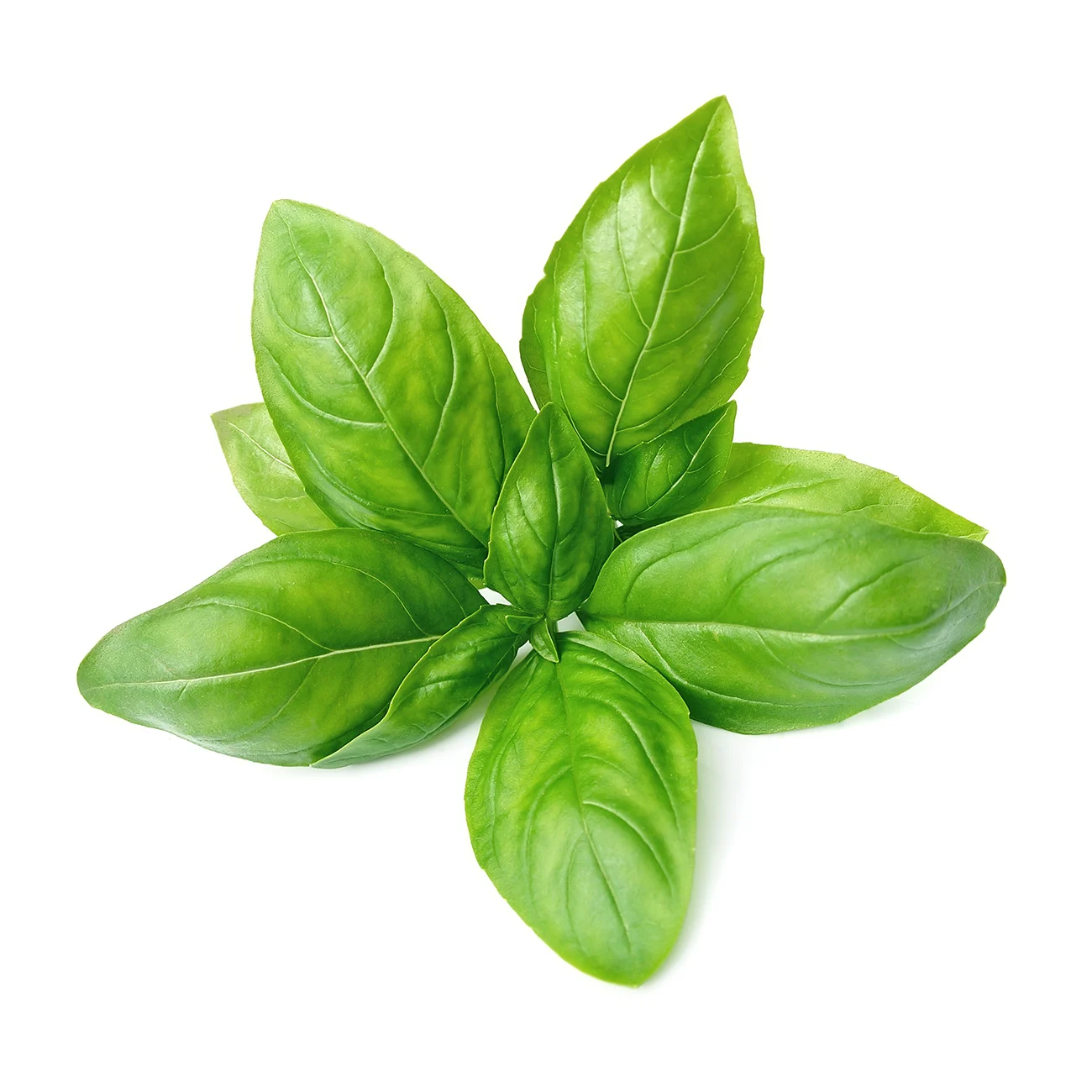
- Flavor Profile: Basil has a sweet, aromatic flavor with hints of pepper and clove, which is quite different from the savory taste of oregano.
- Best Uses: Perfect for Italian dishes like pasta sauces, pesto, and salads. It’s best used fresh, though dried basil can also be used in cooked dishes.
- Additional Benefits: Basil contains antioxidants and has anti-inflammatory properties, making it a nutritious addition to your meals.
4. Mint

- Flavor Profile: Mint provides a cool, refreshing flavor with a strong menthol aroma, which is significantly different from oregano’s earthy taste.
- Best Uses: Works well in Middle Eastern and Asian cuisines, especially in dishes like tabbouleh, lamb, and yogurt sauces. It adds a fresh twist to various recipes.
- Additional Benefits: Mint aids in digestion and has soothing properties, making it beneficial for health while adding a unique flavor to dishes.
5. Rosemary
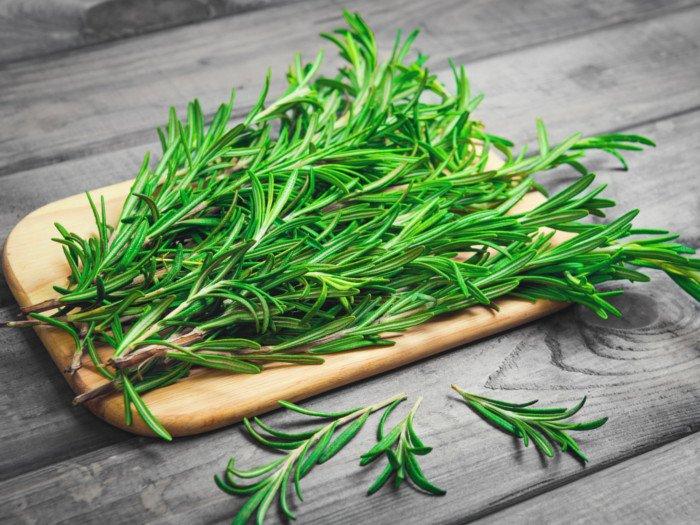
- Flavor Profile: Rosemary has a strong, pine-like aroma with earthy and slightly bitter notes. Its flavor is more intense than oregano.
- Best Uses: It is ideal for roasted meats, potatoes, and hearty stews. Its robust flavor complements dishes with a strong herb presence.
- Additional Benefits: Rosemary is rich in antioxidants and can enhance memory and concentration, adding both flavor and health benefits to meals.
6. Sage

- Flavor Profile: Sage has a strong, savory flavor with a hint of bitterness and earthiness, which is more intense compared to oregano.
- Best Uses: Best suited for rich, savory dishes like stuffing, sausages, and hearty stews. It complements recipes that require a robust herb flavor.
- Additional Benefits: Sage has digestive benefits and can help relieve sore throats, adding both flavor and medicinal properties to dishes.
7. Parsley
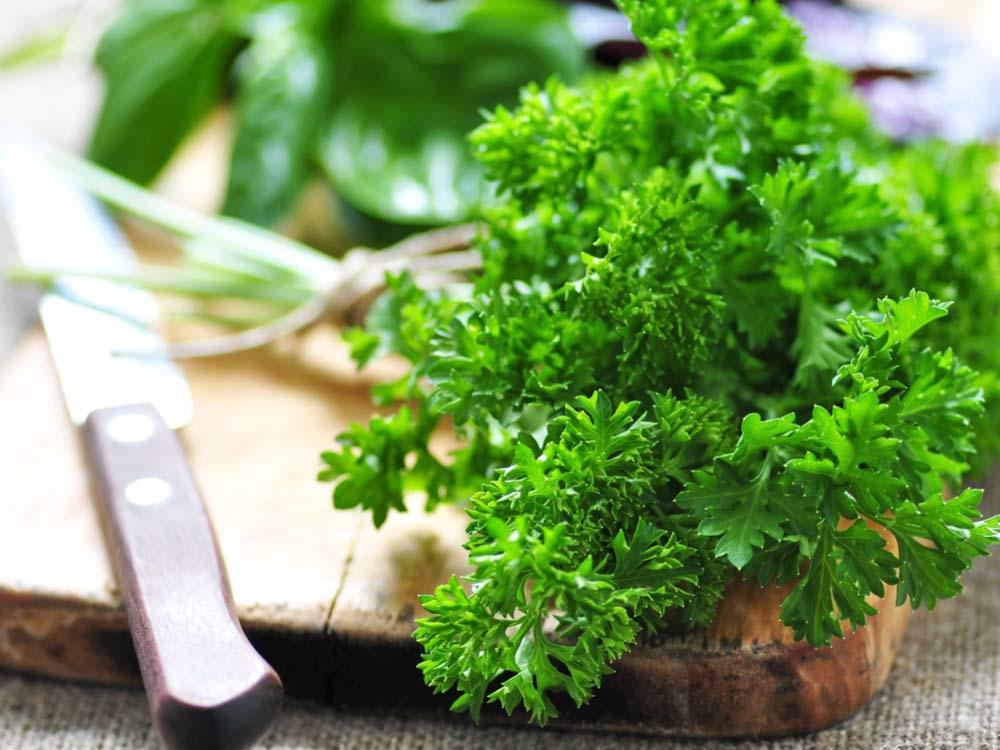
- Flavor Profile: Parsley has a fresh, mild, and slightly peppery flavor, which is more subtle than oregano’s stronger taste.
- Best Uses: Suitable for garnishing dishes, adding to salads, or using in light, fresh recipes. It’s also good for enhancing flavor without overpowering.
- Additional Benefits: Parsley is rich in vitamins A, C, and K and has antioxidant properties, contributing nutritional benefits to meals.
8. Tarragon

- Flavor Profile: Tarragon has a unique anise-like flavor with a subtle sweetness, which is different from oregano’s earthy taste.
- Best Uses: It is excellent in French cuisine, particularly in sauces and dressings and with poultry or seafood dishes. It adds a distinctive flavor to culinary creations.
- Additional Benefits: Tarragon has digestive benefits and can stimulate appetite, making it both a flavorful and healthful addition to your dishes.
9. Dried Italian Seasoning
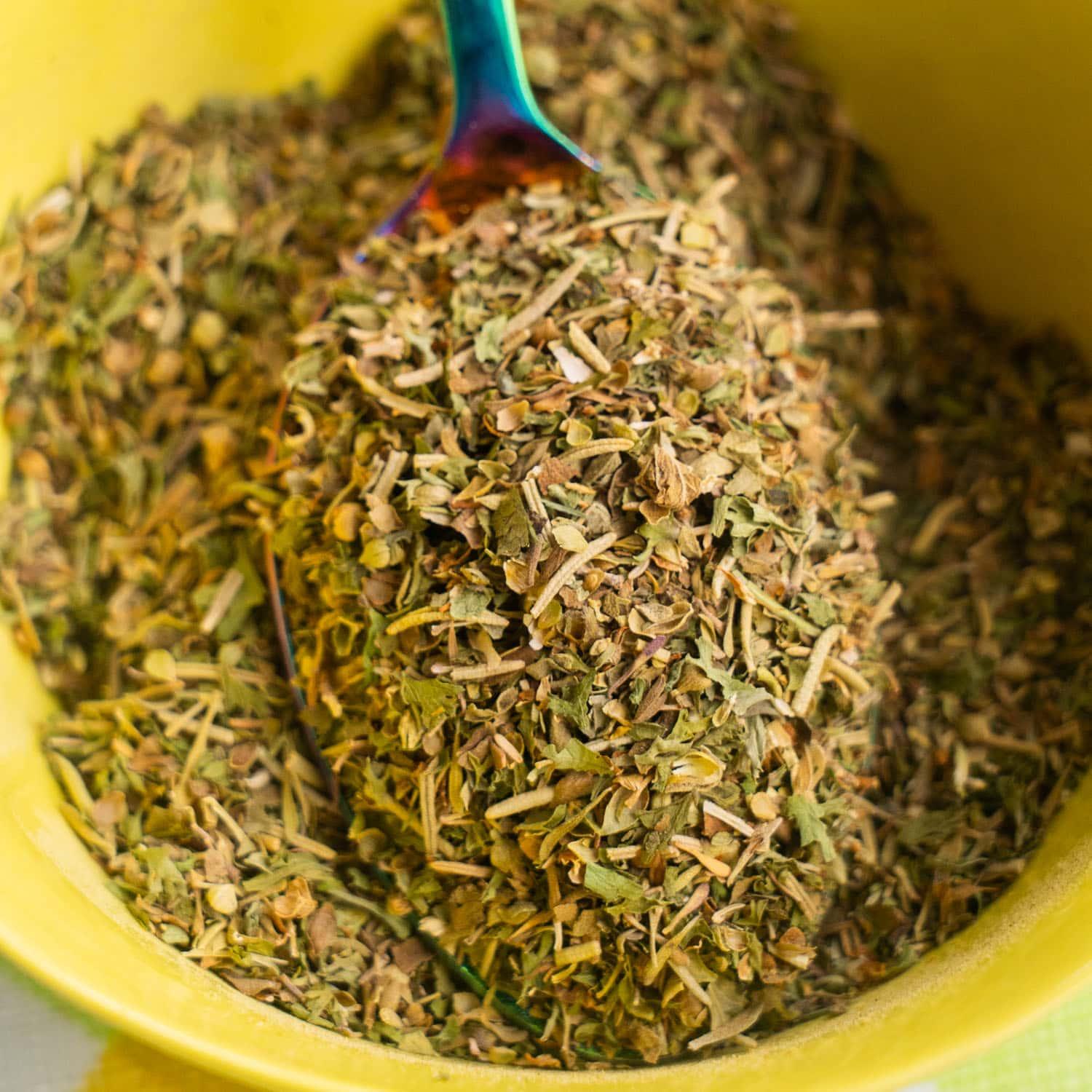
- Flavor Profile: Dried Italian seasoning is a blend of various herbs, including oregano, basil, and thyme, offering a complex and balanced flavor.
- Best Uses: It is ideal for Italian dishes such as pasta sauces, pizza, and roasted vegetables, providing a convenient blend of complementary herbs.
- Additional Benefits: This blend saves time by combining multiple herbs into one seasoning, and can be used in various recipes for a unified herb flavor.
Summing Up
Finding the right substitute for oregano can enhance your cooking by offering new flavors and versatility.
From the sweet, aromatic notes of basil to the complex blend of dried Italian seasoning, each alternative brings a unique taste to your dishes.
Whether you’re looking for a similar flavor profile or something completely different, these substitutes can help you maintain delicious recipe results.
Understanding how each substitute works and where it works best allows you to adapt your cooking to fit your needs confidently.
Now that you’re familiar with these oregano alternatives, you can explore new flavors and enjoy a variety of dishes with ease.
